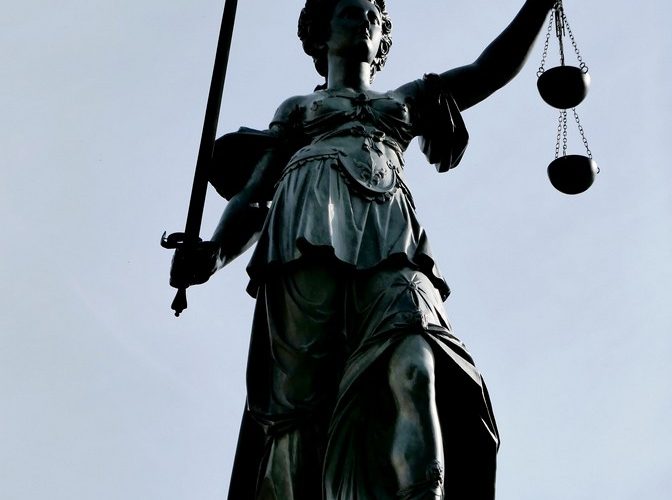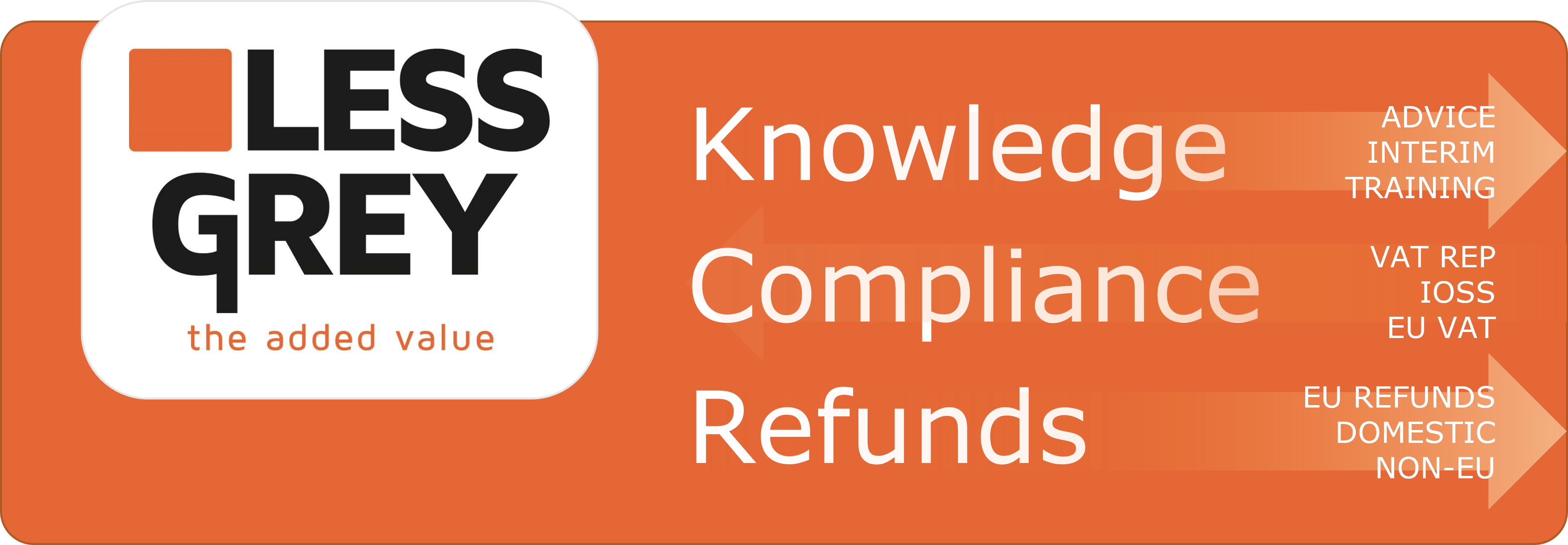On July 18, 2013, the ECJ issued its decision in the case C-26/12 (PPG Holdings).
Context: Value added tax – Sixth Directive 77/388/EEC – Articles 17 and 13B(d)(6) – Exemptions – Deduction of input tax – Pension fund – Concept of ‘management of special investment funds
Article in the EU VAT Directive
Article 13(B)(d)(6), 17 of the Sixth VAT Directive (Articles 135(1)(g), 167 and 168 of the EU VAT DIrective 2006/112/EC).
Article 135
1. Member States shall exempt the following transactions:
(g) the management of special investment funds as defined by Member States;
Article 167
A right of deduction shall arise at the time the deductible tax becomes chargeable.
Article 168
In so far as the goods and services are used for the purposes of the taxed transactions of a taxable person, the taxable person shall be entitled, in the Member State in which he carries out these transactions, to deduct the following from the VAT which he is liable to pay:
(a) the VAT due or paid in that Member State in respect of supplies to him of goods or services, carried out or to be carried out by another taxable person;
Facts
- Pursuant to a statutory obligation, PPG set up pension schemes for the employees of its undertakings with Stichting Pensioenfonds PPG Industries Nederland (‘the pension fund’). In accordance with Netherlands legislation, that pension fund is separate from PPG from a legal and fiscal point of view. The contributions relating to the pension schemes are paid in full not by the employees but by PPG.
- As PPG and the Netherlands Government confirmed at the hearing, Netherlands law in force at the material time left it to employers to choose whether to set up such a fund themselves or to entrust the performance of their obligations to an insurance company, to which they would pay their contributions and which would be responsible for paying pensions to retired employees. There was no option, however, for them to retain an internal pension scheme.
- A subsidiary of PPG, PPG Industries Fiber Glass BV, entered into contracts with suppliers of services established in the Netherlands relating to the administration of the pensions and the management of the assets of the pension fund. The costs associated with those contracts were paid by that subsidiary and not passed on to the pension fund. PPG deducted the amounts of VAT relating to those costs incurred in 2001 and 2002, namely EUR 139 304.23, as input tax.
- PPG was issued with an additional assessment to VAT for the period from 1 January 2001 to 31 December 2002. The additional assessment was upheld by the Inspecteur in a decision on a complaint. The Rechtbank Leeuwarden (District Court, Leeuwarden) (Netherlands) dismissed the action brought against the decision of the Inspecteur. PPG appealed against that judgment to the Gerechtshof te Leeuwarden (Regional Court of Appeal, Leeuwarden).
- Before that court, the parties are in dispute as to whether the Inspecteur was entitled to issue the additional assessment in respect of the VAT deducted by PPG.
- PPG answers that question in the negative, submitting that the costs relating to the pensions of its members’ employees are general costs of the undertaking, and the VAT invoiced to it is therefore eligible for deduction under Article 15(1) of the Law. In the alternative, PPG argues that the exemption in Article 11(1)(i)(3) of the Law applies to the services supplied to it in respect of the employees’ pensions.
- The Inspecteur submits that PPG cannot be regarded as itself being the recipient of the services which it transferred to the pension fund without invoicing any consideration, and is not therefore entitled to deduct the VAT invoiced to it in that connection. On the alternative issue of exemption from VAT, the Inspecteur argues that the pension funds cannot be classified as ‘special investment funds’.
Questions
(1) Can a taxable person who, pursuant to national pensions legislation, has established a separate pension fund for the purpose of safeguarding the pension rights of his employees and former employees, as participants in the fund, deduct the tax which he [has paid] on the basis of services supplied to him in respect of the implementation of the pension provision and the operation of the pension fund, pursuant to Article 17 of [the Sixth Directive]?
(2) Can a pension fund, established with the objective of providing a pension for the participants in the pension fund at the lowest possible cost, where assets are brought to and invested in the pension fund by or on behalf of the participants, and where the resulting proceeds are shared, be classified as a “special investment fund” within the terms of Article 13B[(d)](6) of [the Sixth Directive]?
AG Opinion
(1) On a proper construction of Article 17 of Sixth Council Directive 77/388/EEC of 17 May 1977 on the harmonisation of the laws of the Member States relating to turnover taxes – Common system of value added tax: uniform basis of assessment, a taxable person who has established a pension fund as a separate entity for legal and fiscal purposes, in order to safeguard the pension rights of his employees and former employees, may not deduct the tax which he has paid on services supplied to that fund in connection with its management and operation. Such tax may be deducted only by the fund itself, from any tax which it is liable to pay on its own taxable transactions.
(2) An investment fund pooling the assets of a retirement pension scheme is not a special investment fund within the meaning of Article 13B(d)(6) of Directive 77/388, management of which may be exempted from value added tax in the light of the objective of that directive and the principle of fiscal neutrality, where the members of the scheme do not bear the risk arising from the management of the fund and the contributions which the employer pays into the scheme are a means by which he complies with his legal obligations towards his employees.
Decision
Article 17 of Sixth Council Directive 77/388/EEC of 17 May 1977 on the harmonisation of the laws of the Member States relating to turnover taxes – Common system of value added tax: uniform basis of assessment must be interpreted as meaning that a taxable person who has set up a pension fund in the form of a legally and fiscally separate entity, such as that at issue in the main proceedings, in order to safeguard the pension rights of his employees and former employees, is entitled to deduct the value added tax he has paid on services relating to the management and operation of that fund, provided that the existence of a direct and immediate link is apparent from all the circumstances of the transactions in question.
Summary
Deduction of input tax – Pension fund – Concept of ‚management of mutual funds’
A taxable person who has set up a pension fund in the form of a legally and fiscally separate entity for the purpose of securing the pension rights of his employees and former employees is entitled to recover the VAT paid in respect of services for the management and deduct the business of that fund, provided that the totality of the circumstances of the transactions concerned shows a direct and immediate connection.
Source:
Similar ECJ cases
Newsletters















